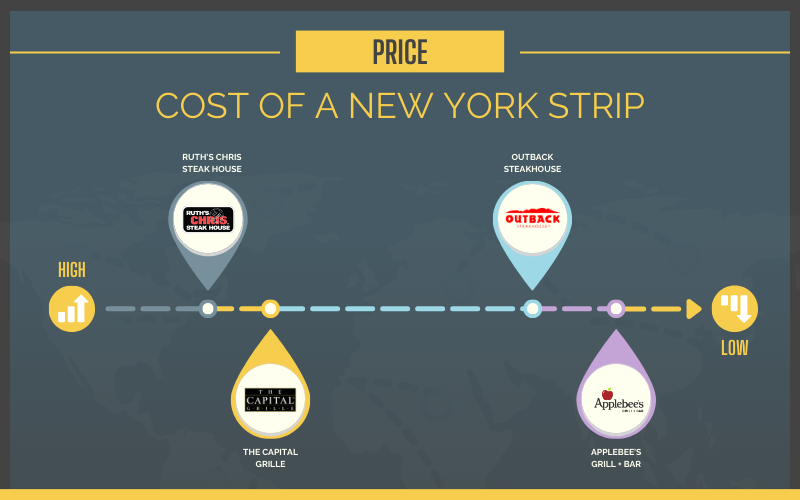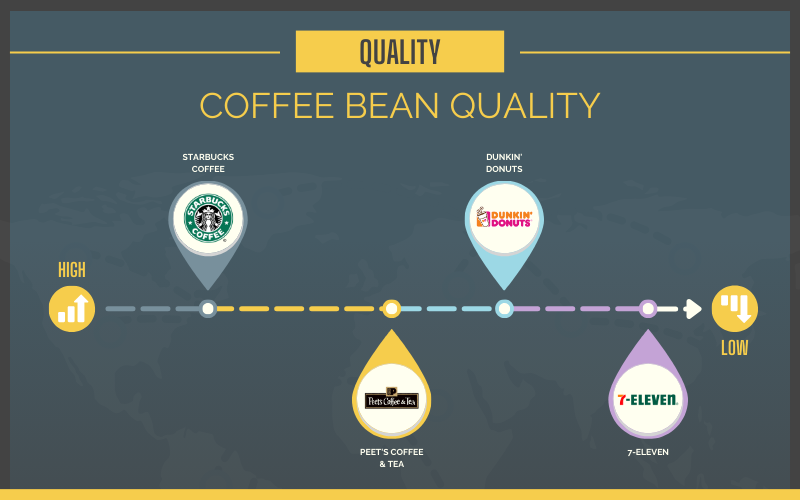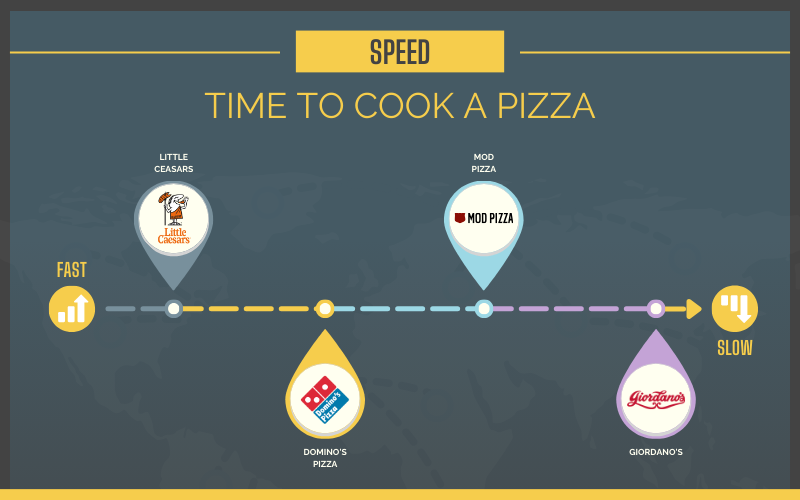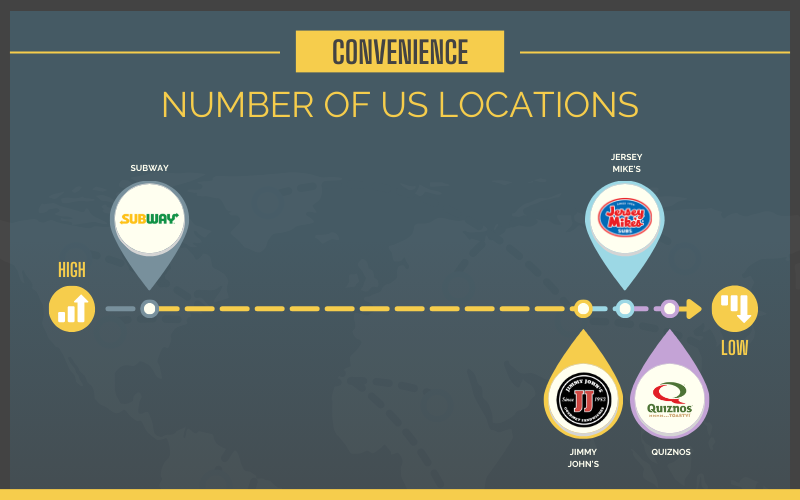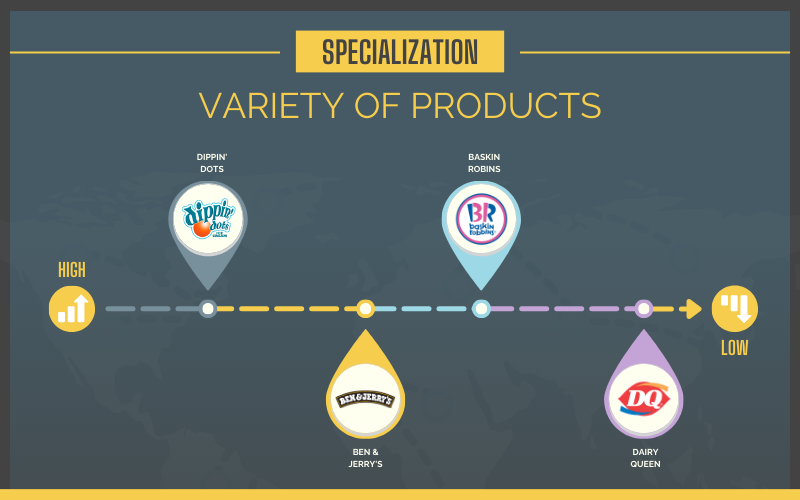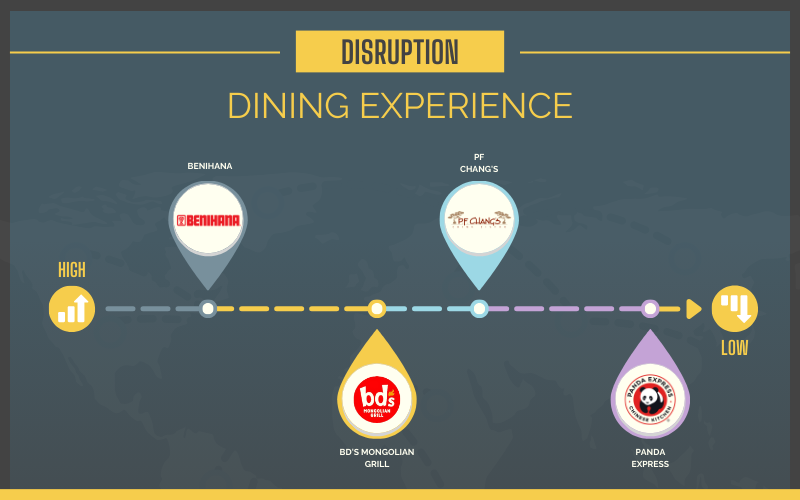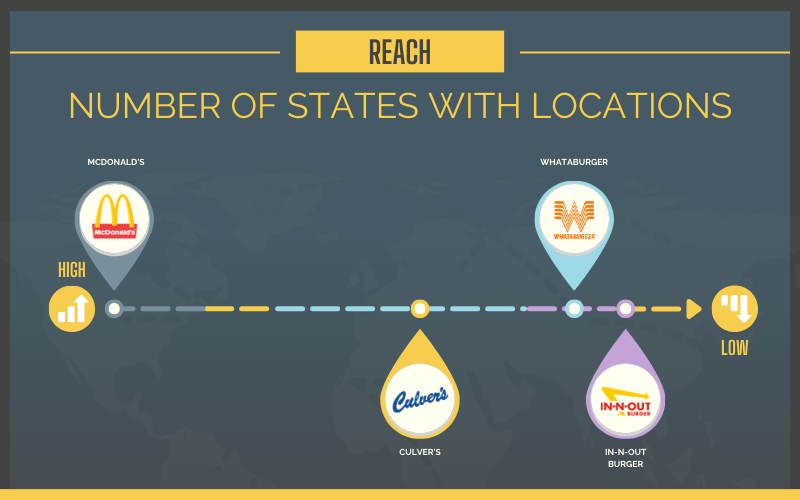Everything you need to know about market positioning
Is your Nashville business taking advantage of its unique market position? If not, what are you waiting for?
A common mistake that new business owners make is forgetting that when customers look for a product or service, they’re trying to find the one that will best meet their specific set of needs. It sounds simple, but it’s worth taking some time to think about.
When a prospect is evaluating your company, they consider a number of factors (such as cost and quality) before making their decision. Some of these factors are more important than others, depending on the individual’s buying style. If your business doesn’t meet the prospect’s needs based on the factors they consider essential, you’ll lose out to your competitors – this is especially true in a world where a quick Google search can find 50 companies that do just about anything we need.
When you understand your products and services positioning in marketing, you can set up your business operations to cater to those who care about the perks that only you offer (or that you offer at a higher-level). A targeted brand marketing strategy can increase conversions while saving you time and money, since you’ll only be advertising to those most likely to be interested in your products.
If you haven’t worked with a market positioning strategy before, there are exercises that can help you get a better understanding of where you stand so you can tweak your brand strategy as needed.

